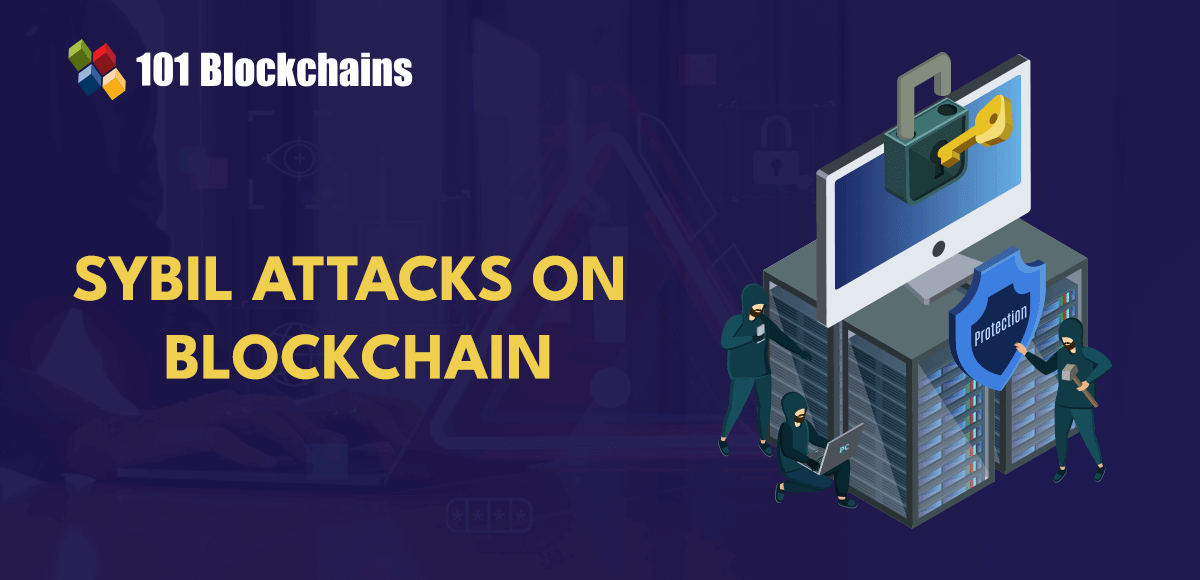Non-fungible tokens (NFTs) have brought about a unique revolution in the digital landscape, challenging conventional notions of authenticity and ownership in the realm of blockchain technology. The rise of NFT gaming platforms is a testament to the fact that NFTs are more than just unique pieces of artwork or collectibles. In fact, NFTs have the potential to redefine the way technology is used in gaming.
NFTs have become increasingly popular in various industries as a preferred choice for adopting digital assets. In the gaming industry, NFTs enable the ownership and trading of in-game assets and characters, revolutionizing the gaming experience. NFT games are like traditional video games, but with a key difference – players have the ability to purchase, sell, and trade in-game assets in the form of NFTs. These assets can represent various items such as virtual land, skins, characters, collectibles, and weapons. The uniqueness of NFTs adds scarcity and a sense of ownership that traditional gaming lacks.
The popularity of NFTs in gaming goes beyond their use as unique collectibles. NFTs have proven to have various utilities in the gaming industry, generating $4.5 billion in revenue in 2021. NFTs empower players to become decision-makers and owners of in-game assets and experiences. Unlike traditional games that only offer moments of fun, NFT games provide the opportunity to earn real financial rewards. NFTs serve as the foundation for play-to-earn and play-to-own games, allowing players to earn digital assets that can be exchanged for real value. Additionally, NFTs have become a symbol of social status in the digital landscape.
There are several popular NFT games that have gained worldwide attention. Axie Infinity, for example, is a game with Pokemon-like characters represented as NFTs on the blockchain. It has had a significant impact on addressing unemployment in the Philippines during the COVID-19 pandemic. Another notable game is Illuvium, a 3D NFT game with battle-style gameplay that has leveraged ETH to create a high-end gaming experience. Illuvium has also sold digital real estate in the form of NFTs for millions of dollars.
Many companies are turning to NFT game development due to the potential benefits it offers. NFTs can transform key metrics in the gaming industry, such as increasing the number of active users and improving customer retention rates. NFT games attract more players by offering unique benefits beyond crypto collectibles. These games also have dedicated followers eagerly awaiting new releases, setting new benchmarks for concurrent user numbers.
NFT games provide diverse benefits beyond crypto collectibles. They offer ownership and authenticity, allowing players to have true ownership of their digital assets and proving the rarity and authenticity of in-game items. NFT games also open up new avenues for creativity, empowering players to create and customize their digital assets. Players can mint NFTs from various digital content, share assets with other developers or players, and even become game creators themselves.
In conclusion, NFTs have had a significant impact on the gaming industry, redefining the way players interact with digital assets and experiences. They offer unique benefits such as ownership, authenticity, and new avenues for creativity. With the potential for financial rewards and the ability to transform key industry metrics, NFT gaming platforms are paving the way for a new era of gaming.
Source link























